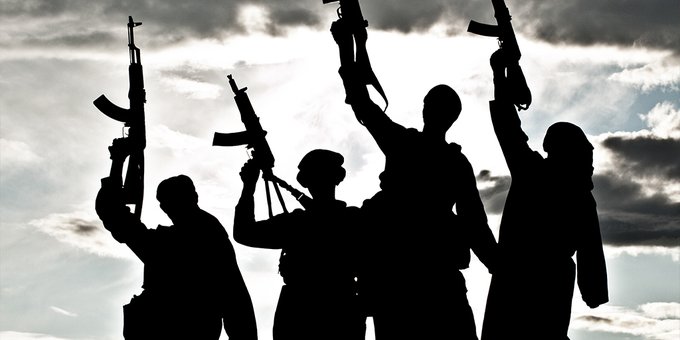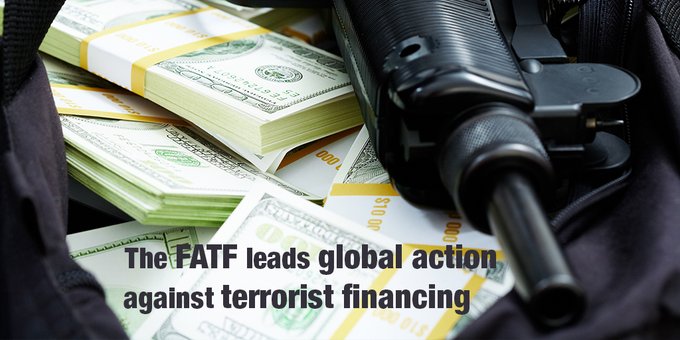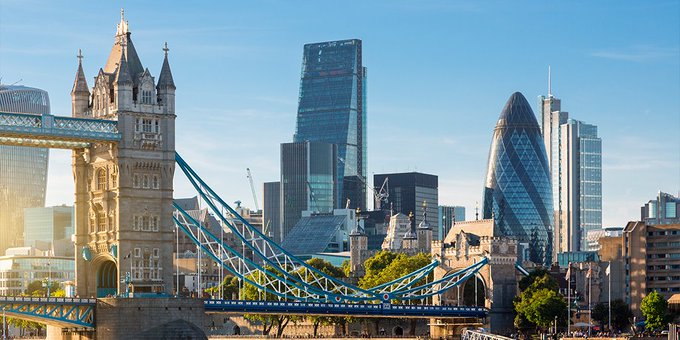The Financial Action Task Force (FATF) plenary, which is underway in Paris, will decide whether Pakistan will continue in the ‘grey list’, be put on the ‘blacklist’ or be unlisted entirely.
However, while the watchdog discusses the matter before it gets put to a vote by 21 February, when the plenary ends, the body has been tweeting about “tightening standards on terror financing”, in what seems like veiled references to Pakistan.
Did you know the FATF identifies global terrorist financing threats? This includes financing for designated terrorist organisations such as ISIL, al-Qaeda and al-Shabaab. 1/ #FollowTheMoney #FATFweek
Terrorists use various methods to gain financing, including using social media to identify new followers and to solicit financial or other forms of material support. Individuals sympathetic to humanitarian causes, or vulnerable to violent messaging, are often targeted. 2/ #FATF
The FATF has tightened its standards on terrorist financing which has helped disrupt access to funds for groups such as ISIL and Al-Qaida. However, various groups still benefit from funds raised through illegal activity and from supporters worldwide. 3/ #FollowTheMoney #FATFweek
35 people are talking about this
While the FATF does not name Pakistan, the tweets mention how the watchdog’s standards have helped “disrupt access to funds” for groups such as the Islamic State and al Qaeda. “However, various groups still benefit from funds raised through illegal activity and from supporters worldwide,” it said.
Last week, a criminal court in Pakistan sentenced Jamat-ud-Dawa chief Hafiz Saeed, who is a UN-designated terrorist, to prison for 11 years. The move came just four days ahead of the start of FATF Paris plenary.
Pakistan was placed on the grey list in June 2018 for failing to curb terror funding to groups such as Lashkar-e-Taiba (LeT), Jaish-e-Mohammed (JeM) and Hizbul Mujahideen. The listing limits Pakistan’s access to global funds which could jeopardise its already fragile economy.
During its plenaries in February, June and October every year, the FATF discusses progress in actions to tackle money laundering and terrorist financing. This includes assessments that analyse how countries have implemented the FATF standards to protect the integrity of the global financial system.
If Pakistan is put on the blacklist, it would impact its ability to do business with other countries, diminish its ability to borrow from multilateral institutions like the International Monetary Fund (IMF), and hurt the country’s exports.
So far, Pakistan has addressed 14 of the 27 tasks required. To be taken off the grey list, it needs 12 of 39 votes.
The FATF tweets on issues and countries related to money laundering and terror funding. From time to time, it also puts out nuggets of interesting facts. Such as this tweet from Monday:
The UK obtains around 1,400 convictions each year for stand-alone money laundering offences or where money laundering is the principle offence. #FATF #FollowTheMoney #FATFweek
54 people are talking about this
Another one on Russia talks about how the country “pursues confiscation as a policy”.
Russia pursues confiscation as a policy to get back the proceeds of crime. Between 2014 and 2018, authorities recovered 4.9 billion euro from criminals by using all available legal mechanisms. #FATF #FollowTheMoney #Russia #MoneyLaundering
39 people are talking about this
At present, Iran and North Korea are considered to be “high-risk jurisdictions” by the body.






No comments:
Post a Comment